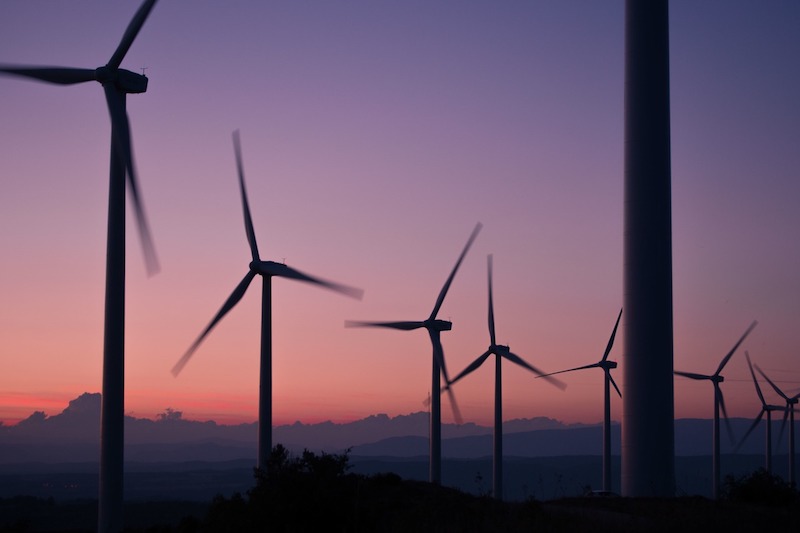Pledges by governments and multinational corporations to make buildings net-zero carbon are critical to carbon reduction goals. And, commitments have been adding up in recent years.
The World Green Building Council (WGBC) has gained notable adherents to its Advancing Net Zero buildings initiative. This project aims to have every building produce net-zero carbon emissions by 2050.
In fact, some 62 businesses, 28 cities, and six states have signed on to be WGBC’s leaders in this initiative by committing to make all their buildings net-zero carbon-emitting by 2030 or sooner. California, with 16 million buildings, has signed onto the commitment, along with businesses such as design firm Atelier Ten, healthcare real estate investment trust Assura, and retail center developer Wereldhave.
There are 1 billion buildings in the world, and the total global building footprint is expected to double by 2060. It’s hard to know how many buildings are operating today at net-zero because of the difficulty in tracking the amount of renewable energy supplied by the grid. WGBC is working on this problem.
When companies such as Salesforce commit to constructing all new buildings to net-zero specifications, including a new tower in Dublin, they accelerate the effort. WGBC will allow any credible third party, such as LEED, to do the certification.
Related Stories
| Sep 8, 2022
U.S. construction costs expected to rise 14% year over year by close of 2022
Coldwell Banker Richard Ellis (CBRE) is forecasting a 14.1% year-on-year increase in U.S. construction costs by the close of 2022.
| Aug 29, 2022
Montana becomes first U.S. state to approve 3D printing in construction
Montana is the first U.S. state to give broad regulatory approval for 3D printing in building construction.
| Aug 25, 2022
New York City’s congestion pricing aims to reduce traffic, cut carbon
Officials recently released an environmental assessment that analyzes seven different possible pricing schemes for New York City’s congestion pricing program.
| Aug 23, 2022
New Mass. climate and energy law allows local bans on fossil fuel-powered appliances
A sweeping Massachusetts climate and energy bill recently signed into law by Republican governor Charlie Baker allows local bans on fossil fuel-powered appliances.
| Aug 22, 2022
Gainesville, Fla., lawmakers moved to end single-family zoning
The Gainesville City Commission recently voted to advance zoning changes that would allow duplexes, triplexes, and quadplexes to be built on land currently zoned for single-family homes.
| Aug 16, 2022
DOE funds 18 projects developing tech to enable buildings to store carbon
The Department of Energy announced $39 million in awards for 18 projects that are developing technologies to transform buildings into net carbon storage structures.
| Aug 11, 2022
Report examines supposed conflict between good design and effective cost management
A report by the American Institute of Architects and the Associated General Contractors of America takes a look at the supposed conflict between good design and effective cost management, and why it causes friction between architects and contractors.
| Aug 10, 2022
U.S. needs more than four million new apartments by 2035
Roughly 4.3 million new apartments will be necessary by 2035 to meet rising demand, according to research from the National Multifamily Housing Council (NMHC) and National Apartment Association.
| Aug 9, 2022
Work-from-home trend could result in $500 billion of lost value in office real estate
Researchers find major changes in lease revenues, office occupancy, lease renewal rates.
Legislation | Aug 8, 2022
Inflation Reduction Act includes over $5 billion for low carbon procurement
The Inflation Reduction Act of 2022, recently passed by the U.S. Senate, sets aside over $5 billion for low carbon procurement in the built environment.

















